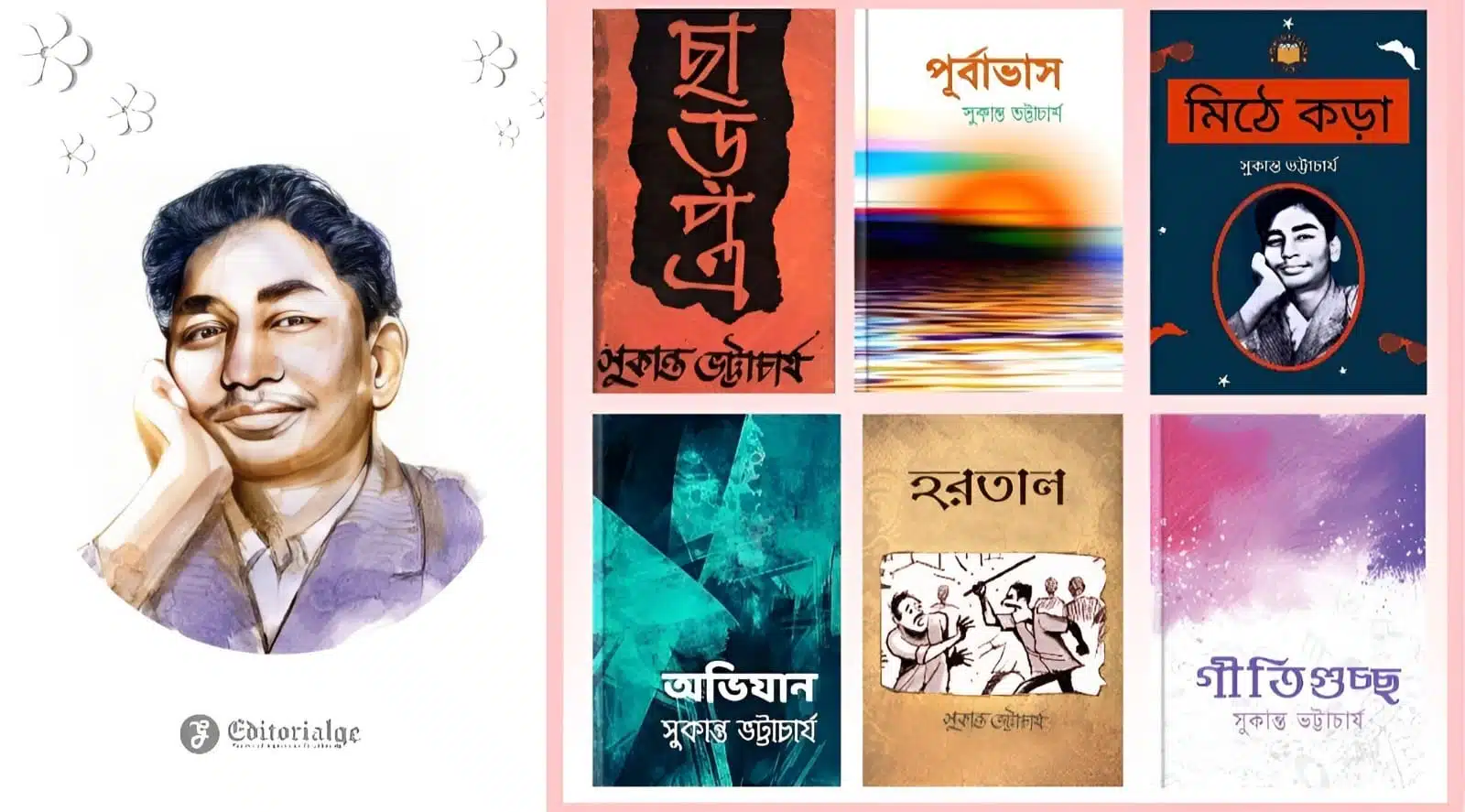On May 13, 1947, just months before India achieved independence, the nation lost one of its most potent poetic voices: Sukanta Bhattacharya. Only 20 years old, he succumbed to tuberculosis, leaving behind a legacy so rich, radical, and raw that it continues to stir minds nearly eight decades later.
Often dubbed the “young prophet of pain,” Sukanta wasn’t just a poet—he was a visionary, a fighter, and a literary revolutionary. His untimely death robbed not just Bengali literature of a rising icon but also denied a newly liberated nation the moral compass it so desperately needed.
As we observe the 78th death anniversary of Sukanta Bhattacharya, this article reflects on why his passing was a profound loss not only for literature but also for the future of post-colonial India.
The Literary Firebrand: Changing the Face of Bengali Poetry
In a literary tradition shaped by giants like Rabindranath Tagore and Kazi Nazrul Islam, Sukanta carved his space by speaking not of beauty or mysticism—but of hunger, hardship, and revolution.
He wrote of:
-
The daily suffering of the working class
-
The indignity of famine
-
The moral bankruptcy of colonial rulers
-
The dream of an equitable, socialist future
🖋️ Iconic Line from “Hey Mahajibon”:
“Aaji srishti shukher oditi, chander mukh daki na; ajker ei chandrama jeno joler bhaja ruti.”
(“I won’t call the moon beautiful. It looks like a burnt roti to me today.”)
This one line encapsulated the hunger of a generation—turning a symbol of romanticism into a metaphor of deprivation. Sukanta’s work gave language to those silenced by poverty and caste oppression.
Beyond Literature: The Political Sukanta
At the age of 18, Sukanta joined the Communist Party of India and became an active voice in leftist student movements. He didn’t just write about injustice—he lived his politics.
-
He edited Kishore Bahini, a communist youth publication
-
He wrote plays and poems to mobilize the working class
-
He refused to separate poetry from political activism
Sukanta believed that poetry must serve the people, that verses must reflect not just emotion, but action. In post-independence India, his ideals would have been a moral bulwark against rising inequality, casteism, and state violence.
His death was not just a loss to culture—it was a loss to India’s conscience.
What India Lost: An Intellectual Force for Equity

Had Sukanta lived beyond 1947, he might have become:
-
A left-wing leader of national conscience
-
A guiding literary figure in Nehruvian India’s early idealism
-
A unifying force in the Bengali refugee crisis and Partition trauma
India, freshly unshackled from colonial chains, needed voices like his—those that could challenge power without compromise.
Instead, Sukanta became a martyr of ideas, frozen in time, symbolic of what could have been. The revolutionary poet who died before the revolution arrived.
💬 Subhash Mukhopadhyay once wrote:
“Sukanta didn’t die young. He died just as he was beginning to change the world.”
Legacy That Lives: Sukanta in 2025
Even today, Sukanta’s influence echoes through:
-
School textbooks and cultural events
-
Political rallies quoting his call for dignity
-
Social media revivals of Chharpatra and Abhijan
He is the voice invoked when students protest inequality, when workers demand fair pay, and when hunger still haunts millions. His lines remain terrifyingly relevant in a world still plagued by the very things he wrote against.
Takeaways
Sukanta Bhattacharya wasn’t just a literary prodigy—he was a nation in the making, a voice still forming when it was snuffed out by illness and poverty. His death was not merely the end of a poet’s life, but the silencing of a generation’s promise.
As India continues to grapple with injustice, inequality, and lost ideals, remembering Sukanta is not about nostalgia—it’s about unfinished work.
On this 78th death anniversary of Sukanta Bhattacharya, we are not just mourning a loss—we’re reminding ourselves of a voice we still need.
🕊️ “I do not fear death… I fear that my voice will not reach the last man.”
— Sukanta Bhattacharya





































